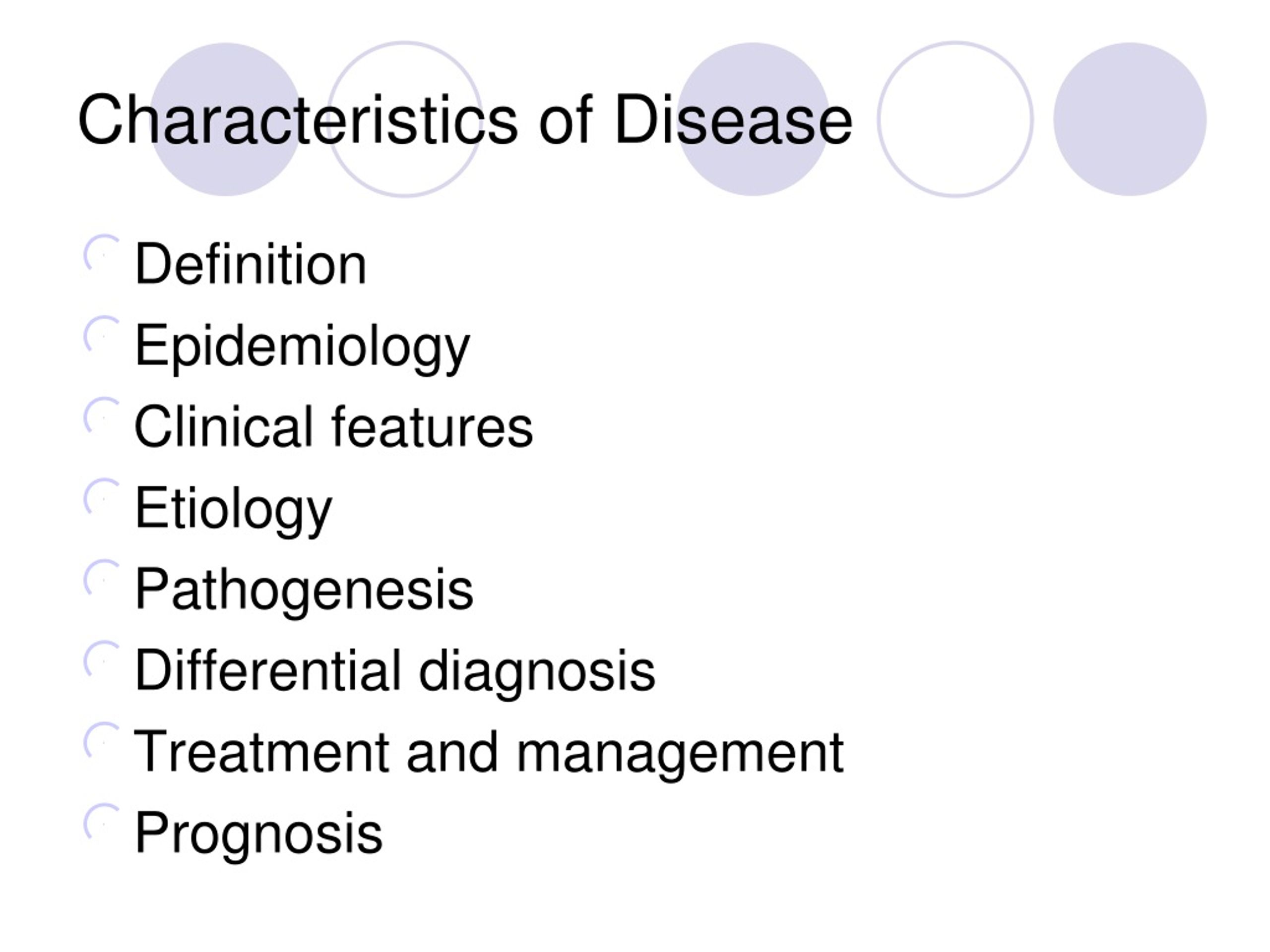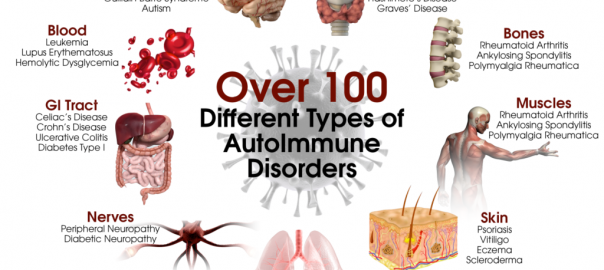

Conversely, to refuse to accept aging is a sign of weakness of character, of egotism, like a rich man who tries to avoid paying his taxes – and, of course, it is folly.

Thus, one should endure aging and bow out gracefully with stoicism and dignity in accordance with nature’s wishes. In this way, aging assures the survival of the species. Aging also serves a function in nature: to weed out old and worn out individuals thereby freeing up resources for younger generations. From the Judeo–Christian perspective, it is our just punishment for Original Sin, specifically that of Eve, who ate the fruit of the tree of knowledge of good and evil – cherchez la femme.

Although aging seems frightening at first, and it is tragic that we all have to die, in the end it is for the good. Disease: A View from TraditionĪccording to traditional views, aging is part of the natural order of things that one should not resist.

I will then describe how its elimination yields a clearer picture of the greatest cause of human illness and death. In this essay I will discuss the distinction drawn between aging and disease, starting with an account (in the form of a mild parody) of various traditional but largely false ideas about aging, some of them supported by this misunderstanding. Here a salient example is the widespread and, arguably, false view that aging is distinct from disease and therefore not appropriate for medical attention – and even something benign and wholesome ( Kass, 1983 Callahan, 1994 Fukuyama, 2002). Yet when it comes to aging this salutary process of rationalization is still in its early stages. Such a process of rationalization has profoundly affected the field of medicine, and the way we view many health-related issues, such as surgery, hygiene, infection, vaccination, abortion, contraception, homosexuality, and many others. A more realistic view of things, though it can initially cause controversy by upsetting traditional views and practices, ultimately enables more effective and more ethical action. Not all publications bother with this prescription, because most physicians don't do so in their own speech (and the context makes clear the sense intended).Īnother limitation is that pathology ( “ illness ” ) has an adjectival form ( pathologic), but the corresponding adjectival form of pathosis ( pathotic) is idiomatically missing from English ( defective declension), so pathologic is obligate for both senses ("diseased" and "related to the study of disease") this likely helps keep the "illness" sense of pathology in natural use (as the readily retrieved noun counterpart to pathologic in the "diseased" sense).Is our understanding of aging still in the dark ages? Over the course of the last centuries a gradual process of enlightenment has taken place in many different areas of human understanding, in which traditional views have been overturned by new knowledge borne of reason and the results of scientific investigation. Not all such natural usage can be purged gracefully, but the goal is to reserve the -ology form to its "study" sense when practical. This rationale drives similar usage preferences about etiology ("cause" sense versus "study of causes" sense), methodology ("methods" sense versus "study of methods" sense), and other -ology words. The rationale is that the -ology form should be reserved for the "study of disease" sense and for the medical specialty that provides microscopy and other laboratory services (e.g., cytology, histology) to clinicians. Some house style guides for medical publications avoid the "illness" sense of pathology ( “ disease, state of ill health ” ) and replace it with pathosis. Synonyms: abnormality, disease, illness, pathosis Some sort of mental and social pathology seemed to sweep over the discourse later that autumn.


 0 kommentar(er)
0 kommentar(er)
